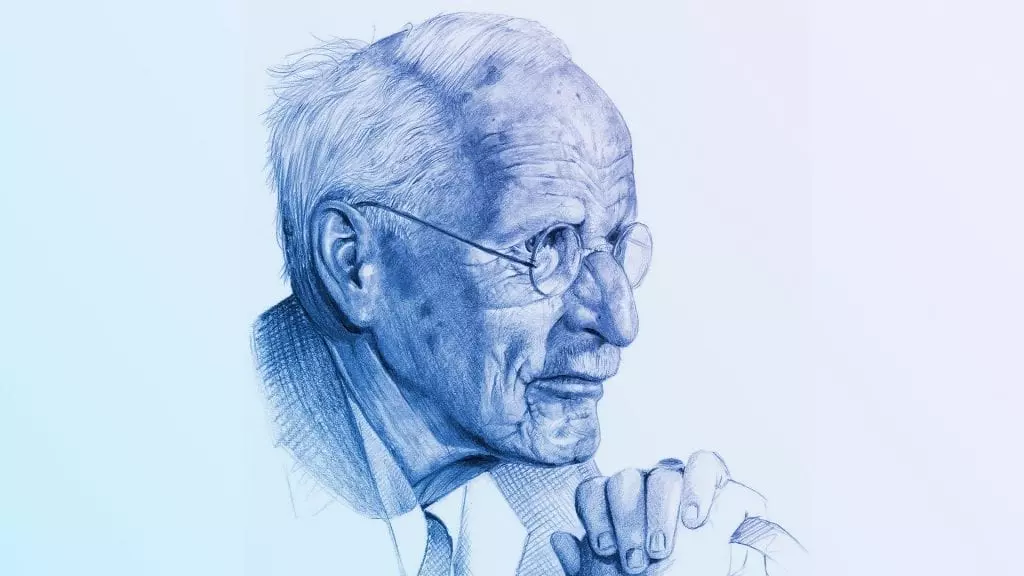One of the pioneer explorers of the human psyche was the Swiss psychiatrist Carl Jung (1875-1961). He incorporated Freud’s appreciation of the biological drives that move humankind, and Alfred Adler’s emphasis on family dynamics in the formation of personality.
Yet, he moved beyond both to identify and track the central fact that we are also spiritual creatures. As meaning-seeking, meaning-creating animals, we also have a spiritual life which suffers any disconnection from what nourishes the soul.
In this course, we explore Jung’s basic concepts, many of which have been influential in understanding our lives and our times. Such ideas as complex, typology, archetype, persona, animus/anima, shadow, and many others will be defined, illustrated, and exemplified in how they may be observed in daily life. Understanding Jung’s map of the psyche will assist each of us in opening an avenue for understanding ourselves, and those around us, at a deeper level.
Course Schedule:
Class 1. The Basic Functions of the Psyche: Ego, persona, shadow, anima/animus
What are the energy systems and management functions which work within each of us in the conduct of daily life?
Class 2. Basic Functions of the Psyche Continued: Self, archetype, personal and collective unconscious
What are the levels of reality which course within each of us, and link us to our ancestors, and to the timeless realms of human experience?
Class 3. Basic Functions of the Psyche Continued: Projection, transference, story-making, symbolic forms, symptom formation
What are the elemental psychological mechanisms which function both consciously and unconsciously in daily life, and which shape the agendas and outcomes of our history and our relationships?
Class 4. Working with the Psyche: Dreams
Why do we dream? What kinds of dreams come to us? How can we understand these messages which come to us autonomously every evening?
Class 5. Working with the Psyche: Active Imagination
What is “active imagination”? How can this tool that Jung developed enable us to engage our psyche and its unspoken conversation more directly? How can it move us from passive recipients to active partners in the formation of our experience?
Class 6. Why Fairy Tales and Myths are so important for us
What can we learn of ourselves, and our common heritage in the human story, through the examination and appreciation of the timeless narratives which speak to us of the mysteries, and our role in them?
Class 7. Reflections of existential matters: Suffering, death, meaning
How does Jungian psychology help us gain a deeper insight, and more active participation, in the human experience? What can we learn that strengthens our standpoint, and personal encounter, with the mystery in which we swim.



